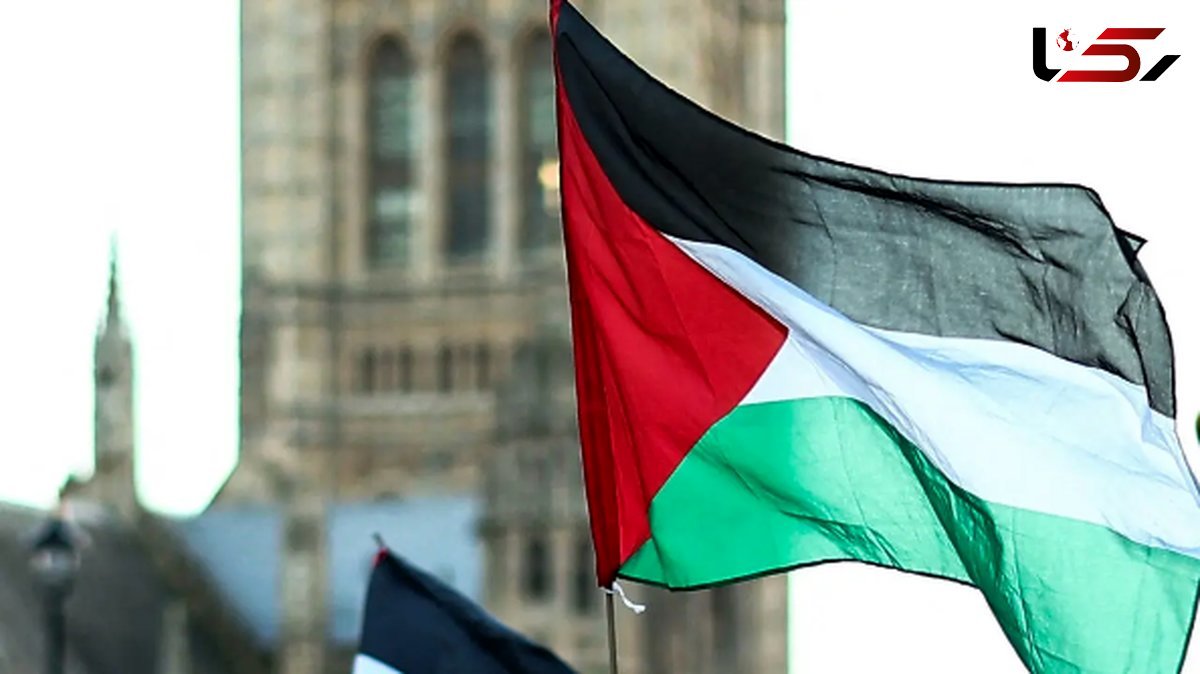Why Israeli Media Are Alarmed by the Recognition of Palestine
Rokna Political Desk: Coordinated moves by world countries to recognize the State of Palestine have triggered strong reactions from Israeli media, with the developments described as a “political earthquake” against Israel. The recognition drive has caused concern among Israeli officials and prompted critical coverage in the country’s press.

According to Rokna, the growing wave of international recognition of Palestine has sparked extensive reactions across Israeli media.
In its editorial titled “Recognition of the State of Palestine: A Diplomatic Hammer Blow to Israel or an Empty Declaration?” the daily Maariv admitted that the coordinated move by the United Kingdom, Canada, and Australia to recognize Palestine constitutes a political earthquake for Israel.
The paper noted that Europe’s perspective on Israel has shifted in the wake of the Gaza war, adding that despite harsh European rhetoric, the establishment of a Palestinian state may not materialize in practice. It stressed, however, that Britain, Canada, and Australia are not peripheral states like South Africa or Latin American nations, but close U.S. partners and allies of Israel.
Maariv argued that while previous efforts to recognize Palestine failed, this coordinated European step, coming just a week after a major UN-led recognition initiative under joint French and Saudi leadership, marks a significant shift. It said the synchronized action by European countries on the eve of the UN General Assembly sends a clear message to Israel that the two-state solution must return to the global agenda, even at the cost of friction with Israeli leaders and strained ties with Washington.
The paper asserted that recognition of Palestine internationally grants legitimacy to Palestinians’ demands for an independent state and could become a legal basis pursued by international institutions. Highlighting Israel’s growing political isolation, it noted that while further recognitions remain uncertain, Israel’s diplomatic immunity in the West is visibly eroding.
While downplaying the immediate likelihood of arms embargoes or the end of research cooperation, Maariv warned of the start of a “soft erosion of relations with Israel,” which could evolve into sweeping sanctions and intensified hostilities. Recognition of Palestine by Britain, Canada, and Australia, the paper added, may not alter the current reality but changes the regional context—an unsettling prospect for Tel Aviv that only a clear political solution could neutralize.
The daily also pointed to possible Israeli responses, such as reviving civil mechanisms, adopting economic steps, strengthening security coordination, and outlining a vision for Gaza to demonstrate that Israel has a plan for the enclave’s future, which could help counter international pressure and slow the recognition trend.
In its editorial on Monday, the Jerusalem Post condemned the decision by Britain, France, and Australia to recognize Palestine, claiming the move “rewards terrorism.” The paper described the global inclination to recognize a “false” state as a grave mistake that spoiled Israel’s Jewish New Year celebrations. It argued that granting Palestinians another opportunity repeats the errors of the 1993 Oslo Accords, which, it said, led to the Second Intifada and turned Gaza into a launching pad for attacks, most recently the October 7, 2023 Operation Al-Aqsa Flood.
The Jerusalem Post stressed that while Western nations may proceed with recognition, “there will be no Palestinian state without Israel’s consent,” warning that such steps encourage Palestinians to avoid compromise or negotiations, opting instead for violent operations followed by accusations of Israeli genocide. It added that Israel will not withdraw unless a “fundamental change” occurs in Palestinian society that recognizes Israel’s right to exist. The paper urged the international community to pressure Palestinians in Gaza and the West Bank to abandon “extremism.”
Meanwhile, Israel Hayom described the coordinated recognition as “humiliating” but “not a strategic threat,” asserting that these steps will not alter realities on the ground, since more than 146 countries have already recognized Palestine over the past decade with little tangible impact.
The paper linked the latest developments to the diplomatic failures of Prime Minister Benjamin Netanyahu’s cabinet and the continued involvement of the army chief in the war. While calling the recognition “provocative and misguided,” it urged a “rational, not emotional” response, while warning that the real danger lies in potential European Union plans to suspend trade agreements with Israel, which could harm the economy and its capacity to finance the military.
According to the latest reports, 11 Western and European countries—Canada, the United Kingdom, Australia, New Zealand, Portugal, Belgium, Malta, Luxembourg, San Marino, Andorra, and France—have now recognized Palestine. Since the start of Operation Al-Aqsa Flood nearly three years ago, global outrage at Israel over its extensive killings in Gaza and Palestine has steadily increased.
In this context, Osama Hamdan, a senior Hamas leader, welcomed the recognition of Palestine, stressing that acknowledgment of Palestinian statehood by some Western countries is a significant symbolic step in the right direction, but insufficient on its own. He said a genuine step requires practical support and concrete actions.
Hamdan added that this recognition came after the heavy price paid by the Palestinian people in blood and martyrs, emphasizing that the world is still discovering the truth about Israel’s “criminal occupation and ongoing aggression” since 1948.
Send Comments